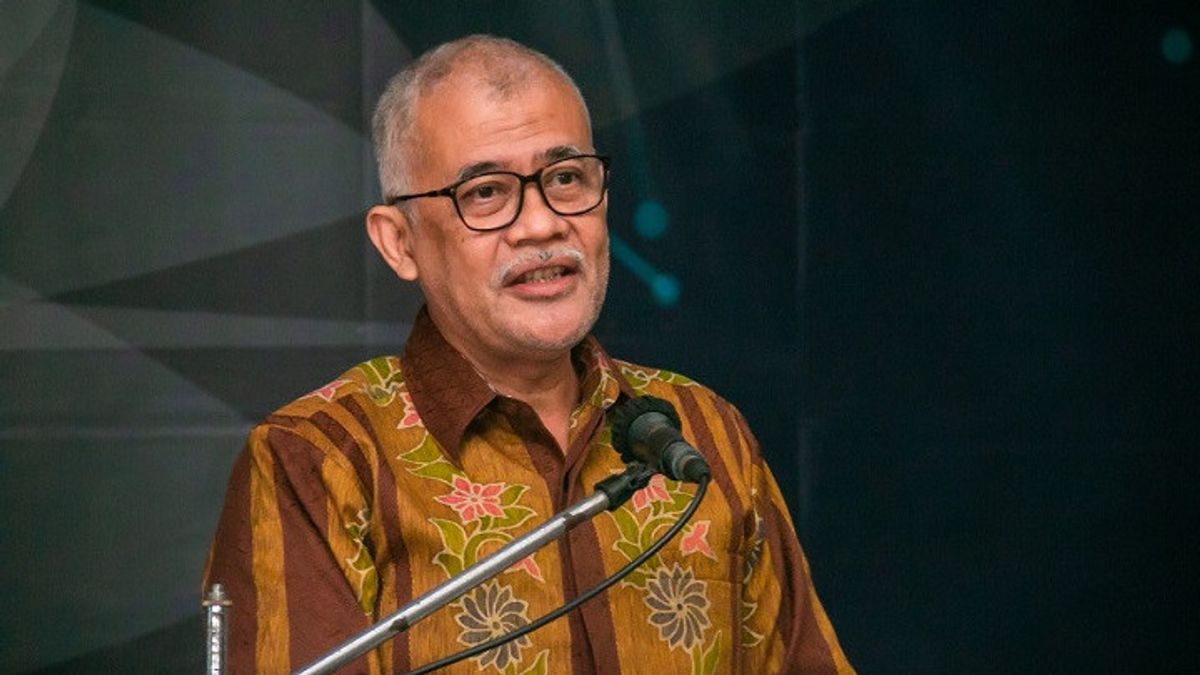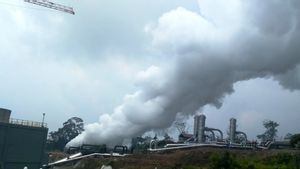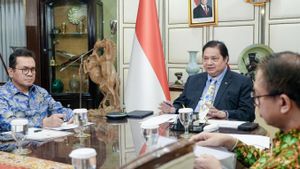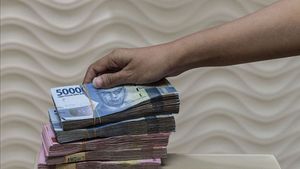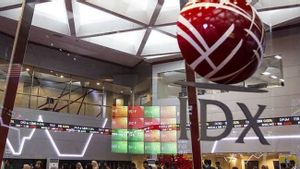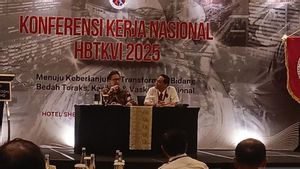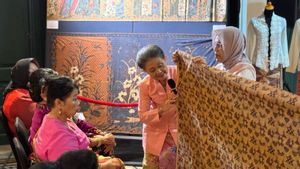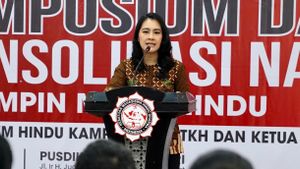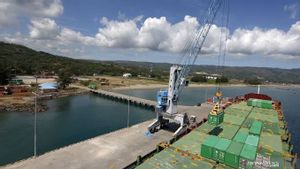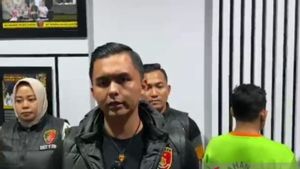JAKARTA - Indonesia has a great opportunity to become a global competitive Muslim fashion producer. This opportunity was born from the potential expenditure of the world's Muslims which reached 295 billion US dollars, also strengthened by the performance of the national textile and textile product (TPT) industry which grew 13.44 percent in the third quarter of 2022.
"To optimize this potential, a serious effort is needed from all parties in order to jointly build an ecosystem for Indonesian Muslim fashion," said Secretary General of the Ministry of Industry Dody Widodo in Jakarta, Wednesday, November 23.
The development of the Muslim fashion industry ecosystem starts from upstream, related to access to raw materials, production, branding, and exhibition and promotion activities. In addition, the fashion industry ecosystem also requires competent industrial human resources (HR). So it requires a national qualifying scheme which is an integration between the field of education, the field of job training, and the business world," he explained.
The Ministry of Industry realizes that there are several main issues and challenges in the development of Muslim fashion, including those related to the availability of Muslim fashion raw materials and incubators that are still limited. This condition requires accelerators, research and development, as well as improvement of creative design guidelines in the fashion sector.
In responding to this challenge, the Ministry of Industry synergizes with various parties to accelerate the empowerment of the fashion industry. This is in line with the 2019-2024 Indonesian Sharia Economic and Financial Master Plan (MEKSI) and the 2020-2024 National Medium Term Development Plan (RPJMN).
Furthermore, the Ministry of Industry also carries out literacy, education, campaigns, socialization, and promotion of the halal industry through awards and exhibitions. Starting in 2021, the Ministry of Industry will hold the Indonesia Halal Industry Awards (IHYA) to give special appreciation to various parties and policy makers who play an active role in the growth, development, and empowerment of the national halal industry.
Meanwhile, strengthening the domestic TPT industry is also carried out to optimize the potential of the Muslim fashion industry, including through the machine/equipment restructuring program in the fabric refinement industry and the fabric printing industry. Then, the Ministry of Industry together with the Ministry of Finance and the Ministry of Trade have established import control instruments to ensure and maintain the domestic TPT market.
The English, Chinese, Japanese, Arabic, and French versions are automatically generated by the AI. So there may still be inaccuracies in translating, please always see Indonesian as our main language. (system supported by DigitalSiber.id)
